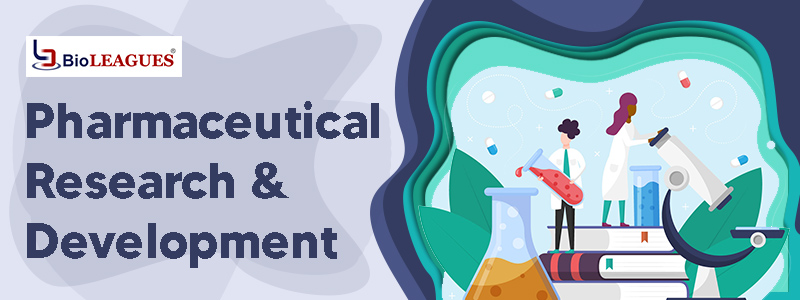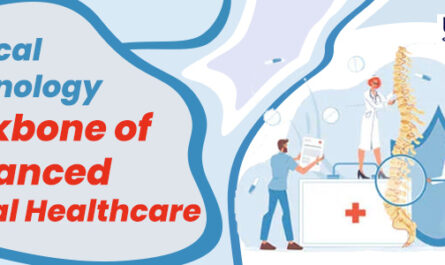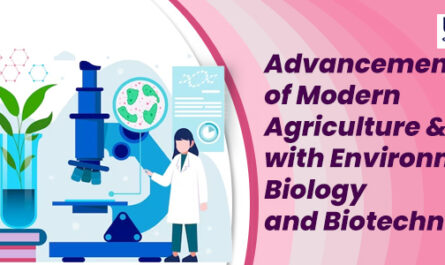The pharmaceutical industry’s long successful strategy of betting big on a few molecules, promoting them strongly, and turning them into blockbusters has worked to their benefit for a long time, however, its R&D success has now hit a low and the environment is evolving. Seven major trends that are reshaping the market have been noticed, including –
- Chronic disease cases are on the rise, putting even greater pressure on already stretched health budgets.
- Policymakers and healthcare payers increasingly dictate the sort of medications doctors can choose to prescribe.
- An increasing number of healthcare payers are measuring the pharma economic performance of different drugs.
- The extensive use of electronic medical records will give them the data they need to insist on outcome-based pricing.
- The boundaries between different forms of health care blur as clinical advances make previously fatal diseases chronic and the self-medication industry grows.
- Demand for medicines is growing faster in emerging economies than in industrialized economies Governments are starting to devote their attention to prevention rather than treatment, although they have not yet invested much in preventive measures.
- Regulators are increasingly cautious about approving truly innovative drugs.
These trends will exacerbate the challenges pharma already faces, but they will also present major opportunities (every one of which will be discussed in the upcoming pharma event which is one of the most highly anticipated Thailand conferences coming up).
Clinical Pharmacy
The Philosophy of CP (Clinical Pharmacy) is the sum of the pharmacist’s responsibilities to meet all of the patient’s drug needs by facilitating direct patient care and assistance with other elements of the health care system. Pharmacists that practice this philosophy have tremendous in-depth therapeutic expertise and scientific skills that make it possible for them to serve as authorities in pharmacotherapy in the healthcare setting. Clinical pharmacy has been identified as a discipline with specialized pharmacists concerned with the science and practice of pharmacy. Clinical pharmacists apply scientific evidence to ensure and advice on the best use of drugs for optimal drug therapy. In addition, they also engage in various research activities to generate new knowledge and practical skills that can further improve the health and quality of life of patients.
Over the years, the roles of pharmacists have evolved to include participation in bedside visits as part of a multidisciplinary health care system and reviewing patient profiles to identify and resolve any drug-related issues. Interventions by pharmacists, such as counseling patients to improve compliance and adherence, have contributed to the consistent development of clinical pharmacy services around the world. Despite the importance of these responsive services for improved outcomes for patients, clinical pharmacists face many challenges such as poor awareness of the general public, the absence of specific legislation, and the recognition of other healthcare providers.
Possible reasons may include –
- The non-acceptance of the professional reputation of pharmacists by other health care practitioners;
- The lack of leadership qualities, patient perceptions, and the existence of gaps in communication between pharmacists and physicians;
- The lack of funding for innovative pharmaceutical research and development ventures.
These challenges are particularly noted in developing countries all over the globe. Partaking in the many upcoming medical conferences in 2024 is sure to help you gain more expertise in clinical pharmacy practices.
Pharmaceutical Care & Challenges
Currently, pharmaceutical management (which will be delved into detail in the best upcoming pharma conferences in Thailand) is understood as the compromise of pharmacists to obtain the maximum benefit from pharmacological treatments for patients, thus being responsible for monitoring their pharmacotherapy. However, since its introduction, there has been some debate over its definition. Differences in health care systems between different countries are probably responsible for this, as well as problems related to resources, educational needs and skills development.
Numerous pharmacology studies have shown a relationship between morbidity-mortality and drug therapy. It is known that the monitoring of the use of drugs is necessary and obligatory in order to assess the benefits of pharmaceutical care on the health of patients. The results of this on society can be estimated by the effect of the offer of pharmaceutical care in cases involving common illnesses including –
- diabetes,
- rheumatic diseases,
- hyperlipidemia
- psychiatric disorders,
- asthma,
- Hypertension, etc.
Industrial Pharmacy
The pharmaceutical industry has been successful for decades in expanding its market not only in developed countries but also in increasingly important developing countries. Yet many changes are transforming the business, forcing large companies to rethink their strategies. On the one hand, more people in all regions of the world gained access to health care, while on the other hand, the human population continued to migrate to cities and urban centers.
This leads to an increase in the prevalence of major non-communicable diseases such as diabetes, cancer and cardiovascular disease. It presents many opportunities for companies that are successful in overcoming the growing challenges of the industry today. Listed below are the top seven common challenges confronting the pharmaceutical world in the coming years?
- Develop new drugs that can cure (or prevent) incurable diseases of today
- Customer expectations are continuously increasing
- Scientific productivity is poor and stagnant
- Management culture issues slow down necessary changes
- Pharmaco-economic performance of drugs is increasingly scrutinized by healthcare payers
- The self-medication sector is growing rapidly
- Governments began to focus on prevention rather than treatment of disease.
Pharmaceutical Analysis & Quality Assurance
Pharmaceutical environment is changing rapidly today due to globalization, increased competition, costs constraints, efficiency requirements, and development of international regulations, the complexity of the supply chain, and the complexity of products/processes. In this rapidly changing environment, people and businesses that learn to adapt will thrive.
To systematically manufacture and deliver zero defects products to patients. The attributes of product quality, efficacy and safety must be guaranteed so that the health of consumers is not compromised.
Pharmaceutical analysis in drug development primarily focuses on methods –
- To identify and quantify potential new drug candidates,
- determine purity,
- To identify by-products and degradation products in stability and compatibility studies, as well as,
- To define the effect of the pharmaceutical substance on the body.
Demanding tasks like these require sophisticated techniques, dedicated equipment, and methods operated by highly qualified personnel, often with good academic training. The challenges in pharmaceutical quality control are different – techniques and methods need to be well established and recognized. Robustness, not shine, is the primary characteristic to be achieved by laboratories operating under the pressure of time and cost using routine equipment operated by different levels of experienced personnel.
Pharmaceutical Problems & Solutions
Listed below are some of the most challenging impediments plaguing the global pharma industry?
- The Ease & Pace At Which Innovative, Potent Pharmaceuticals Are Being Developed
- The Rising Wants & Desires Of Patients
- The Sharp Decline In Scientific Innovation & Productivity
- Inefficient Management & Ineffective Marketing Practices
- The Growing Number Of Well-Informed Customers & Patients
- High-Strung Intellectual Property Rights (Especially In Developing Nations)
- The Trend Of Self-Medication
Listed below are some of the solutions to these challenges that can prove to be effective for the pharma sector.
- The establishment of better research facilities and focus on supporting of more scientific research in the country.
- The reducing of the dependence of the global pharma sector on Chinese products and biomolecules.
- The setting up of drug production and bulk manufacturing plants all over the globe to speed up this process.
- The determining and implementation of more favorable guidelines for research and pharmaceuticals and setting up of incubators and factories.
- The creation of more test centers allows for the faster completion of clinical trials.
- The creation of a more skilled workforce in institutions through high-quality education programs.
Have an innovative solution to a challenge that the pharma sector is facing? Then, publicize your findings by making use of the many journal publication opportunities that will be made available at the forthcoming Thailand conference.




